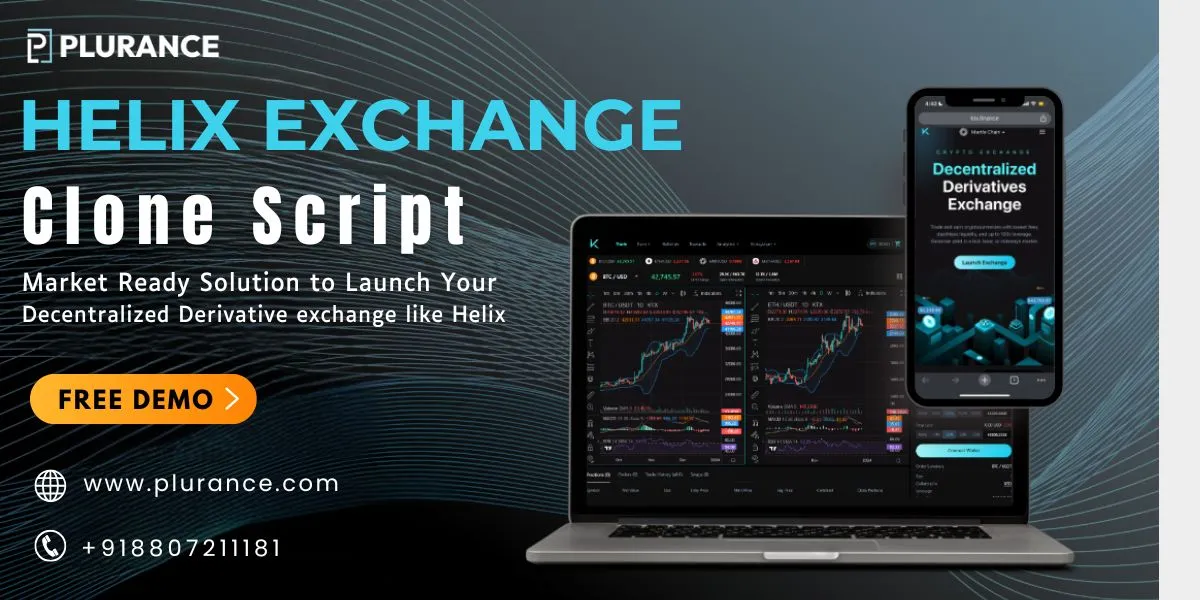This blog conducts a comparative analysis of Decentralized exchanges and Centralized exchanges, exploring their levels of security and compliance.
Cryptocurrency Exchanges are the platforms that investors across the globe are in search of. Every user needs a crypto exchange in order to trade cryptocurrency assets. In the digital asset market, these exchanges act as go-betweens for buyers and sellers.
On these platforms, users can register accounts and trade a variety of cryptocurrencies, including Ethereum, Bitcoin, and many more. Different types of cryptocurrency exchanges are available in the markets, in which the main categories include centralized, decentralized crypto exchanges. The architecture, management, and user money handling of decentralized and centralized cryptocurrency exchanges vary. Let’s look at the functions and the specifications of both the exchanges in detail below.
Centralized Crypto Exchange:
These crypto exchanges are the platform for purchasing and selling digital assets, such cryptocurrencies. On behalf of the user, a third party oversees and secures the transactions in these kinds of exchanges. These platforms ask for the user details to verify all the vital data of the user. Trading cryptocurrency is made simple by the user-friendly interfaces that centralized exchanges frequently offer.
Decentralized Crypto Exchange:
A decentralized crypto exchange is a platform that lets users trade cryptocurrencies with each other directly without the need for a middleman or central authority. Smart contracts handle the order matching and execution in this platform. Users have control over their private keys, reducing the risk of unauthorized access.
Let's Compare few features of both the platforms
Security Amenities:
Decentralized cryptocurrency exchanges provide greater security when compared to centralized exchanges that have extremely stringent security measures. In decentralized exchange, the possibility of unwanted access is decreased because users are in charge of their private keys.
Smart Contract incorporation:
In the Decentralized crypto exchange platform, Using self-executing smart contracts that have the conditions of the deal between buyers and sellers encoded in code, trading is made possible. The order matching and execution procedures are automated by smart contracts. Hence, the safe execution of trading is enhanced in DEX, when compared to CEX.
Guarantee of Ownership:
Centralized exchanges are functional by the central authority and it takes the charge of the exchange's finances, user accounts, and operations. But the Blockchain technology powers decentralized exchanges, where token holders or the community are frequently involved in governance and decision-making.
Details about the speed and efficiency:
The speed of centralized cryptocurrency exchanges is higher than that of decentralized ones. Centralized exchanges typically offer better liquidity and faster transaction speeds, making trading more effective. Processing transactions in centralized exchanges is made quickly and is made possible by the central management of the order matching and settlement procedures.The scalability and consensus processes of the underlying blockchain can affect the transaction speeds in DEX.
Liquidity:
The centralized cryptocurrency exchanges provide greater liquidity. Users of these exchanges place specific orders after being influenced by current market conditions. Because order matching takes longer on decentralized exchanges, their liquidity is minimal.
Transaction Fees Details:
In exchange for using the exchange's services, users of centralized cryptocurrency exchanges must pay a set sum in transaction fees. There are no transaction fees required by DEX. Exchanges may have different pricing structures, and these are frequently determined by things like a user's trading volume.
Comparison of the eminent features of both platforms:
Centralized cryptocurrency exchanges have a distinct advantage over decentralized exchanges in terms of features. Margin trading, spot trading, portfolio management tools, and many more capabilities are available on centralized exchanges. Margin trading features are not there in DEX platform.
Some of the Popular Centralized Cryptocurrency Are:
- Coinbase Exchange
- Kucoin Exchange
- Bitfinex Exchange
- Binance Exchange
- Huobi Exchange
- Kraken Exchange
- Bitstamp Exchange
Some of the Popular Decentralized Cryptocurrency Are:
- Uniswap Exchange
- 1 inch Exchange
- PancakeSwap Exchange
- OX Exchange
- Sushiswap Exchange
- CowSwap Exchange
- Sunswap Exchange
Market Trend
As of now, considering the market situation both centralized and decentralized exchanges are performing well by offering huge yields to the investors.
So you can avoid the dilemma of choosing the type of exchange.
Wrapping Up…
The decision between a decentralized exchange and a centralized exchange is based on the user's particular use case, priorities, and personal preferences.The cryptocurrency user's personal preferences determine which exchange they utilize. Some of the investors tend to prefer decentralized exchanges over centralized ones because of their security and lack of transaction fees, even though many users like centralized exchanges because of their popularity, speed, and functionality.
Plurance, being the best solution provider for the development of cryptocurrency exchange platform, has a history of 10+ years in the relevant field. We have developed nearly 150+ crypto exchanges to our clients across the globe. Our team of efficient developers can build your trading platform of any types with all specialized features and functions.
Get in Touch with us to Create your desired Crypto Exchange platform
Call/Whatsapp - +918438882030
Telegram - plurancetechnologies




















 IND
IND














